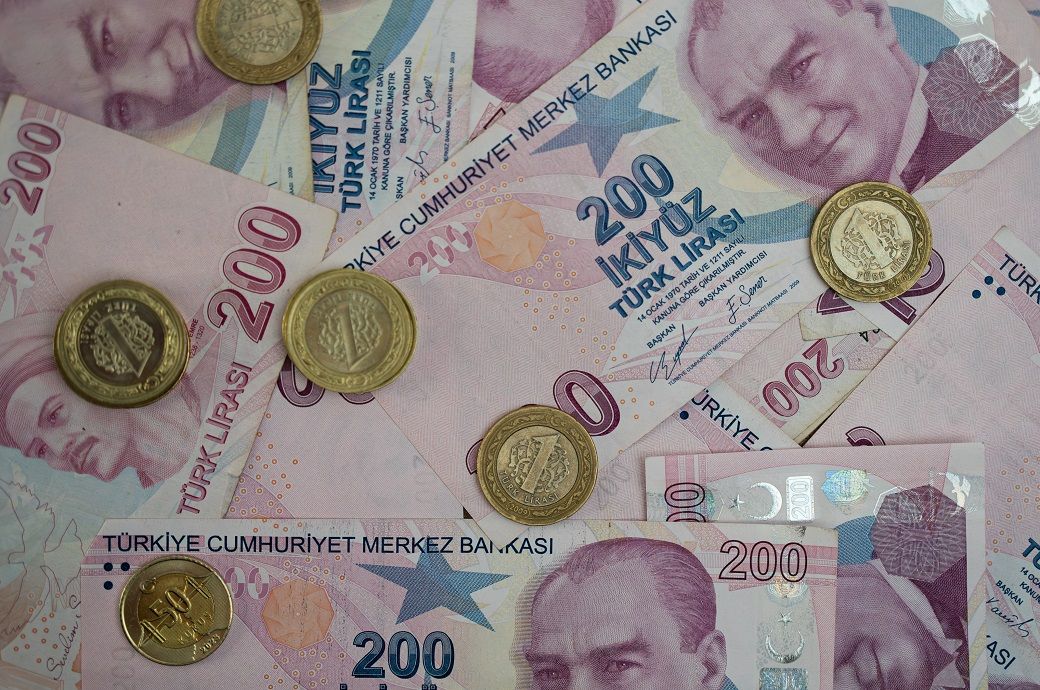
Headline inflation has dropped as tighter financial conditions are weighing on domestic demand. Under the authorities’ gradual policy adjustment, inflation is expected to further decline.
Contractionary ex ante real policy rates, moderating wage growth, and more contractionary fiscal policy in 2025 are expected to reduce inflation to 43 per cent this year and 24 per cent in end-2025.
Market sentiment has sharply improved, with domestic and foreign investors shifting into lira-denominated assets while lower commodity prices, buoyant exports and reduced gold imports have strengthened the current account, supporting a large improvement in both the gross and net reserves position, the IMF said in a release.
A decisive shift in economic policies over the past year has tightened Turkiye’s overall policy stance. The financial and corporate sectors appear to have weathered the policy tightening and financial liberalisation so far.
The country’s central bank has brought the ex ante real policy rate into positive territory while reducing regulatory complexity.
After a strong first quarter, growth has weakened and is expected to fall to 3 per cent this year and 2.7 per cent in the next, recovering toward 4 per cent in the medium term.
Disinflation and improved confidence will support a narrowing of the current account deficit to about 2 per cent of gross domestic product (GDP) and reserves to around 100 per cent of the IMF’s adequacy metric.
Risks around the baseline are significant and tilted to the downside. They include stronger-than-expected wage and price inertia, a reversal of capital flows, higher global energy prices and escalating geopolitical tensions. Significant financial and external vulnerabilities remain.
The IMF recommended advancing structural reforms to achieve more inclusive, greener and higher medium-term growth. Further energy and labour market reforms, including to boost female participation, remain important priorities, it noted.
Fibre2Fashion News Desk (DS)